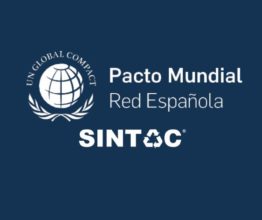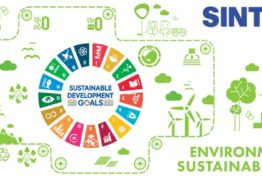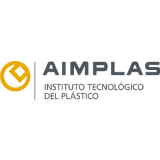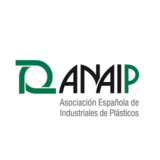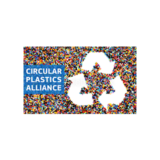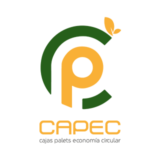Sintac, among the companies signing the agreement of the ministry of environment for a Circular Economy
SINTAC RECYCLING, among the companies signing the agreement of the ministry of environment for a Circular Economy
SINTAC RECYCLING has become one of the companies from the plastic recycling industry, signing and assuming the commitments of the Spanish Agreement for a Circular Economy. The agreement was proposed by the Ministries of Environment, Agriculture, Fisheries and Food from the Spanish Government.
Vicente Olmos, CEO at SINTAC RECYCLING, expressed his satisfaction and commitment: “In SINTAC RECYCLING we have worked in the development of the Circular Economy for over 20 years, promoting recycled materials of maximum quality and offering an excellent service to our customers from all over the world.
The signing companies are committed to promote the transition to a Circular Economy through the following actions:
- Reduction in usage of natural non-renewable resources and reutilization of materials contained in the waste, as secondary raw materials in the manufacturing process, as long as the environmental protection and the health of persons are ensured.
- Promote the analysis of the products´ life cycle and the incorporation of ecological design criteria, reducing the introduction of harmful substances in its manufacturing process. In addition, facilitate the reparability of the produced goods, extending its working life and enabling the recovery of end-of-life products.
- Favour the effective implementation of the principle of waste hierarchy, promoting the prevention of waste generation, encouraging reutilization and strengthening the recycling culture and its traceability.
- Promote guidelines that increase the innovation and the global efficiency of productive processes, through the adoption of measures as the implementation of environmental management systems.
- Promote innovative ways of sustainable consumption, that include sustainable products and services, as well as the usage of digital services and infrastructures.
- Promote a model of responsible consumption, based on the transparency of information regarding characteristics of goods and services, through the employment of measures as the use of eco-labelling.
- Promote the creation of appropriate channels for an easy exchange of information and coordination between administrations and the scientific community and technological, economic and social operators. , so that synergies are created which will facilitate the transition.
- Promote the importance of moving from a free market economy towards a circular economy, fostering the transparency of all processes and rising awareness among the population.
- Encourage the use of common, transparent and accessible indicators, that enable the measurement of the degree of implementation in the circular economy.
- Promote the integration of indicators, to measure the environmental and social impact derived from business operations, to be able to evaluate beyond the economic benefits generated by the businesses, as the result of its commitment with the circular economy.
